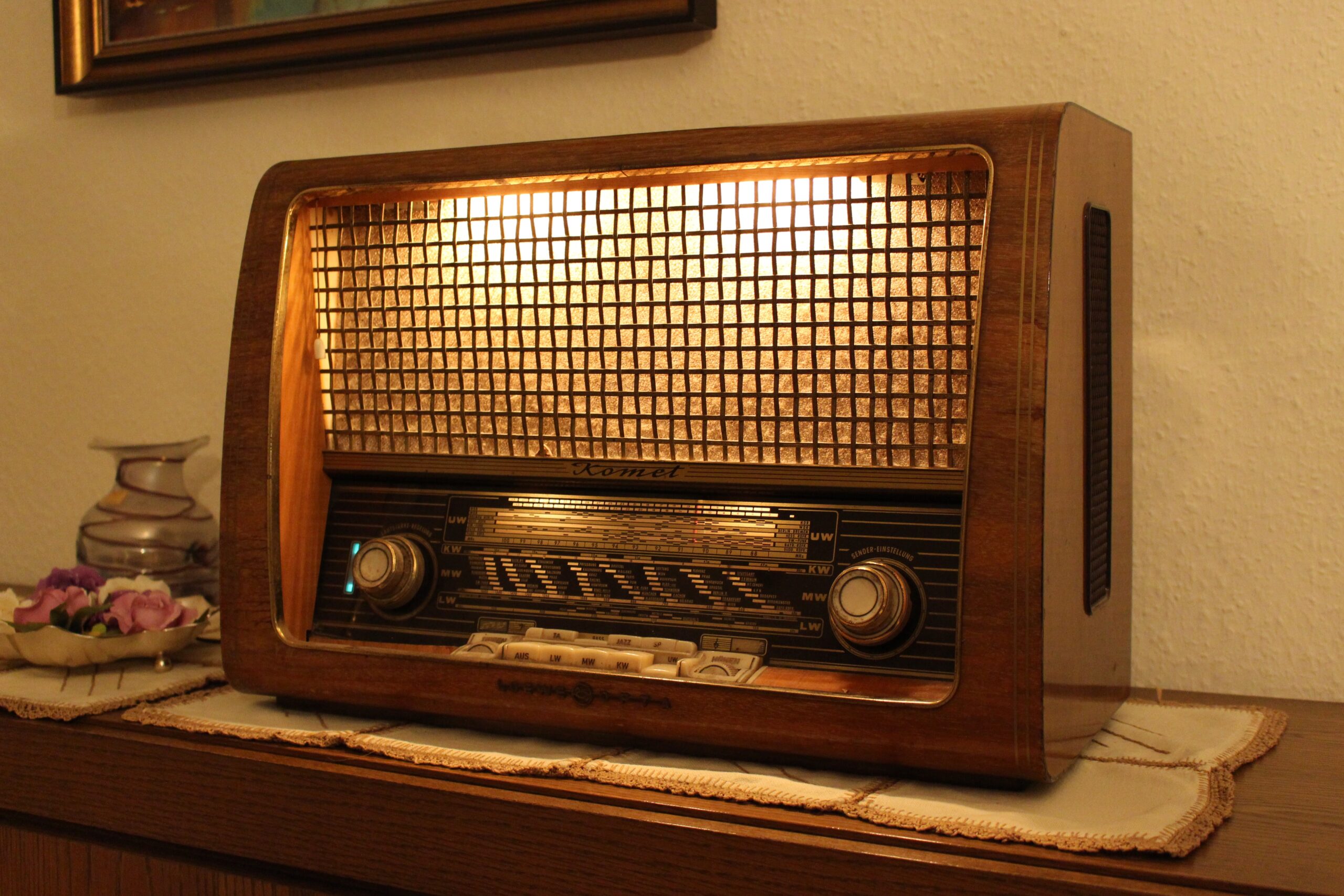
GREETINGS FROM TAHOE CALL CENTER:
Located in Nevada, Tahoe Call Center is a small family-run business with a big heart, ready to help with your communication needs. Since 2012 we have assisted clients coast to coast in varied economic and emergency climates: wild-fires, blizzards, ice storms and unforeseen events (with affordable, competitive pricing that didn’t add further trauma).
Rain or shine, short-staffed or no staff, we help keep your business going: Answering phones / taking messages/providing information / Taking credit card orders / collecting and transmitting confidential information via email, SMS, or API (linking with existing systems). Our agents are trained to process sensitive information with courtesy, respect and maintain the strictest of confidence. We also help with those intermittent overflow call surges during business hours and cover your customer inquiries when you are closed. “Always here so you don’t have to be” – We help keep things running smoothly 24/7, 365 days a year. www.tahoecall.com
June 2020 – Blog 3 M. Hines
“People will forget what you said, people will forget what you did but people will never forget how you made them feel.”
– Maya Angelou
‘Thank you for listening to me. I feel so much better after speaking with you…” I remember feeling the relief coming across the phone from this caller; the emotion was tangible. Something that might have been simply resolved initially had grown into an emotional nightmare. The situation requiring assistance wasn’t necessarily critical but the lack of response to repeated answer-machine and email messages had escalated it, transforming this ‘tempest in a teacup’ into hurricane Katrina.
In a NY Times article dated 3/23/12, author Alina Tugend quotes Roy F. Baumeister, a professor of social psychology at Florida State University whose study found, “Bad emotions…and bad feedback have more impact than good ones. In addition, bad events wear off more slowly …” It is a bit distressing to learn we give more heed to the negative than the positive, but that seems to be our nature – literally! He continues to say, [historically]“Those who are more attuned to bad things would have been more likely to survive threats and, consequently, would have increased the probability of passing along their genes.”
“Bad news travels fast”

Mr. Baumeister’s studies found: “…we are more likely to give greater weight to critical reviews.” It is even more distressing that his research found it took, “ five good events to overcome one bad one,” something every business owner needs to heed. If it is our nature to listen more to the negative and remember it longer, it is critical to do everything possible to avoid receiving those negative phone calls or reviews in the first place. But since that ideal isn’t always possible, here are a few suggestions to help if and when those calls are unavoidable.
How do you feel?
When an upset customer in crisis finally reaches a “live person” their anger flows through the phone with the strength of a tidal wave rushing towards shore. It doesn’t matter how much the receiver braces themself the force is overwhelming and hard to forget. We’re told to, “Take a breath and don’t take it personal”, but how can you shut off your feelings?
Emotions are distracting, emotions interfere and emotions are dangerous for diplomacy. But, humans aren’t from the planet Vulcan and the Starship Enterprise can’t beam us out of these uncomfortable situations. We don’t need to ‘mind-meld’ with a caller however, to understand their frustration. We just need one of two things: Empathy or Sympathy. Our world today has surely provided some similar experience to draw understanding from. There is a fine line, however, between listening to understandable frustration and becoming someone’s doormat. When understandable frustration crosses the line it becomes abuse and bullying. Neither have ANY place in a professional or any other environment. It is possible with good listening skills and a calm demeanor to ‘talk someone down from the ledge’, reduce their frustration and reassure them things will be made right. For some these abilities come naturally, for others it can be a learned process. Listening is first and foremost.
LISTEN
To pay attention to sound; to hear something with thoughtful attention; give consideration; be alert
– Webster’s Dictionary
“PAY ATTENTION / BE ALERT”

I’ve answered many ‘irate’ calls over 40 years and find most disgruntled persons seem to react within one of two responses: the Tea Kettle or the ‘Insta-Pot’. The harder-to-work-with tea kettle is best described as a situation ‘out of control’. The longer you listen the more the caller’s frustration feeds on itself, ramps up and increases as they re-live not only the problem at hand but every other thing that has gone wrong for them –ever. The pressure and volume increase similar to the whistle a tea kettle makes when water reaches a boiling point.
There are few options for handling this situation. You can turn your headset volume down and ‘ride out the storm’, or use the ‘three-strike’ rule. After listening thoroughly to their complete grievance once, make three attempts to gain their attention once they begin repeating themselves. Calmly state:
‘I am here to help’ (strike 1 if they continue);
‘Yes, and I want to help’ (strike 2 if they continue);
‘I would like to help you resolve this’ (strike 3 if they continue).
After the third attempt to help without any acknowledgment on their part politely state, “I’m sorry, I’m going to have to end this call,” and hang up. You are there to listen to their concern and resolve the issue, not be abused. Frustration is understandable, but tantrums have no place in a professional work environment. This caller is out of control and you don’t need to be pulled down that rabbit hole with them.
The pressure builds more slowly with the ‘Insta-Pot’ call-type while the details are relayed, but once it reaches its climax the pressure is released. The caller blows off some steam, but once that energy’s expelled they’re more calm and able to listen. In both cases, take notes detailing the caller’s concerns (Keep the volume control button handy). Jot down dates, times, names, amounts, item/inventory numbers; any pertinent information to be passed on. Sympathize (“…I’m sorry that happened,” “I’m here to help get this resolved”) then take action.
MIRROR
To hear something with thoughtful attention

Assemble your notes to provide a factual representation of the caller’s problem. “Mirroring” is one of the most effective ways to ensure you understand and have documented your caller’s concerns correctly. It involves repeating what the caller has just told you, but in a brief, concise way. Explain what you will do; Itemize, be specific … “I will do…A, B, C…” Letting the caller know your process will reassure they have been heard, you take their problem seriously and you have a plan to help them. Then follow through – do what you say.
If it isn’t something you can resolve, forward the situation to the appropriate department or person for resolution -asap. Don’t delay; the situation will not ‘go away’ just because you ignore it. Mistakes happen to us all. Yes, the caller is upset at what may or may not have happened, but they are more concerned with ‘if’ and ‘how’ you will fix things.
“OWN IT”
The concept sends chills down the spine of legal counsel. I’m not demeaning that either; before taking action it is always good to get another opinion. But If ‘the buck’ stops with you; if you are responsible; if it is in your power and authority to do so; then fix it. That’s the reason the person is calling. Their anger is fueled by fear: ‘what will they do if you don’t fix it?’ They are consumed with that potential negative. Don’t leave something festering, or hope it just goes away. It won’t. Listen and respond to a caller’s situation. Address the caller’s concerns right away and resolve the issue before it gets out of hand to avoid further confrontation. Take copious notes and detail everything that is being done and when. This documents the steps you’ve taken, providing a reference in the event you get pulled into a ‘he said/she said’ situation. Copy information to everyone you feel may be involved (if applicable) and cover all bases to keep everyone on the same page. The last thing anyone wants in a troublesome situation is to be surprised. The more specific you are and the more information you can provide will help expedite a resolution (ensuring you won’t receive a repeat call from a now, even more irate caller).
For either difficult call type, good listening skills are imperative for success. Sympathizer or Empathizer regardless it is good to take a minute, pause and collect yourself after any difficult encounter. Every call is a blank canvas. Don’t carry over the negative residue from a previous call. Allow yourself a moment to prepare for the next caller.
“…people will never forget how you made them feel.“
How do you want your customers to feel?
It is important, but not always the first question asked when starting a business. The product or service is forefront followed by how it will be financed. Then, there’s equipment, materials, staff, location, utilities, the list can be staggering. Still in order for you to reach, build and maintain a strong customer base communication is paramount; it will ‘make or break you’. If your customers ‘feel’ as though you care and are approachable (even when you’re physically not) trust prevails. Even when ‘things happen’ (and it’s a given that things won’t always go right), as long as your communication and follow through is consistent and thorough, customers will view you as reputable and return. Positive endorphins come from genuine experiences that leave lasting feelings of good will. The result will be returning customers and ‘word of mouth’ reference clientele.
Tahoe Call Center can provide the support to keep communication flowing smoothly between you and your customers. We’re available 24/7, 365 days a year. Always here so you don’t have to be. Call us for a non-obligatory quote 888 982-4632 www.tahoecall.com